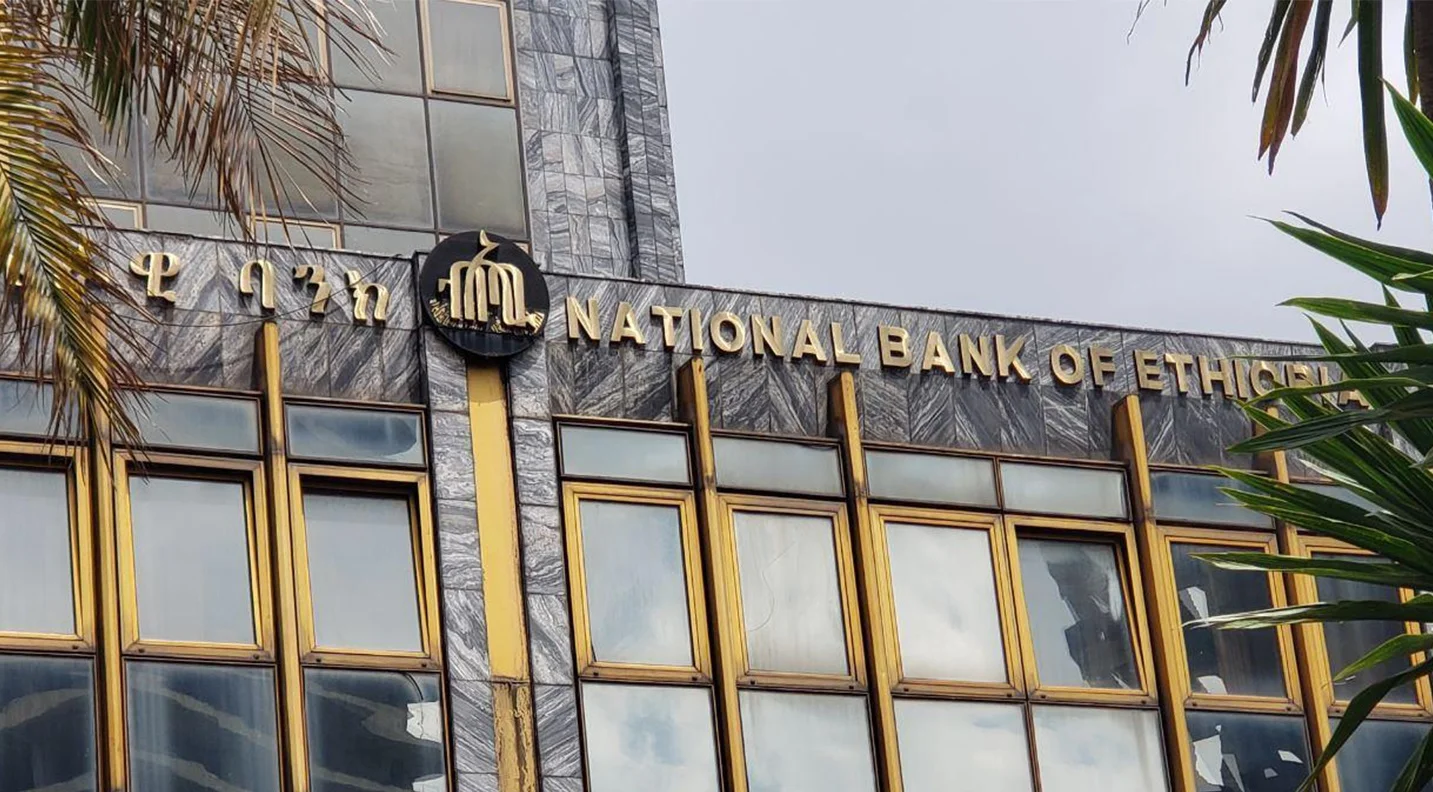 The National Bank of Ethiopia./FILE
The National Bank of Ethiopia./FILEThe National Bank of Ethiopia (NBE) has blacklisted four money transfer companies based in the United States for allegedly conducting unlicensed transactions and breaching international financial regulations.
The affected firms are Shgey Money Transfer, Adulis Money Transfer, Ramada Pay (Kaah), and TAAJ Money Transfer.
According to a public advisory issued by the NBE, the institutions were flagged for engaging in suspicious cross-border transfers, including activities linked to money laundering.
The National Bank of Ethiopia (NBE) said the decision followed extended scrutiny of the company’s operations.
This comes just over a month after the Central Bank of the UAE revoked the license of Sundus Exchange, an Abu Dhabi-based exchange house that had connections with TAAJ, citing serious breaches of anti-money laundering and counter-terrorism financing rules.
Sundus was fined AED 10 million (about $2.7 million). “It is imperative that cross-border fund transfers be conducted through the formal and regulated financial system,” the NBE said in a public notice, warning that funds sent through unlicensed channels risk seizure or non-delivery.The NBE has warned Ethiopians abroad to use only licensed service providers when sending money home. It also called on U.S. authorities to probe transactions linked to the four companies.
The move underscores Ethiopia’s tightening oversight of the remittance sector, which plays a critical role in the country’s foreign currency inflows.
It also reflects a growing willingness by regulators in multiple jurisdictions to coordinate enforcement against operators deemed to be in breach of anti-money laundering laws.
The regulator cautioned that funds sent through the banned entities could be at risk of seizure or might not reach the intended recipients.
The NBE’s latest action signals a tougher stance on compliance, with the central bank making clear that adherence to formal financial channels is non-negotiable for all remittance providers serving the Ethiopian market.
In Ethiopia’s Somali Regional State, formal financial inclusion stands at just 6%, according to a 2024 National Bank of Ethiopia forum.
These Somali-owned operators often provide the only reliable financial bridge between families in the United States and relatives in underserved towns like Degahbur, Adigala, and Milo. Commercial banks and basic agent networks remain patchy at best, and Mobile banking trials have made inroads in urban districts but still bypass much of the region’s scattered population.
As a result, for many Somali households in Ethiopia, these remittance services are functionally indispensable.
The timing of the warning coincides with Ethiopia’s sweeping reforms of its foreign exchange regime, part of a $3.4 billion IMF-supported program launched in mid-2024. The international lender has praised the liberalization efforts to unify exchange rates and dismantle the parallel market, calling it “necessary to consolidate reserves and improve transparency.”
However, in July 2025, the IMF noted persistent challenges, including liquidity shortages, high transaction costs and a widening premium, roughly 15%, between the formal and black market exchange rates.
Even so, diaspora remittances continue to underwrite a large portion of U.S. dollar inflows into Ethiopia. Figures from the central bank and the Ethiopian Diaspora Service confirm that overseas transfers, particularly from North America, topped $6 billion in the 2023/24 fiscal year, making up nearly one-third of official foreign currency earnings.
The NBE’s move to name and publicly discourage the use of specific remittance operators is a sharp departure from previous regulatory approaches, which often relied on backchannel audits or quiet license suspensions.
This time, the National Bank has released a list of officially licensed money transfer agencies, updated as of April 1, 2025. A review of the 80+ licensed institutions reveals a heavy concentration of international firms such as World Remit, Western Union, MoneyGram, RIA, and PayPal, alongside regional entities like Equity Bank Kenya, Doha Bank, and LA Poste de Djibouti.
While a handful of Somali-facing services are included, such as Iftin Express, Tawakal/ Banana Pay, and Shaka Express.
“It is imperative that cross-border fund transfers be conducted through the formal and regulated financial system, ensuring proper oversight to mitigate risks of money laundering and terrorist financing,” the bank said in its statement.
The NBE said it will continue its investigations and take additional measures as necessary.
















